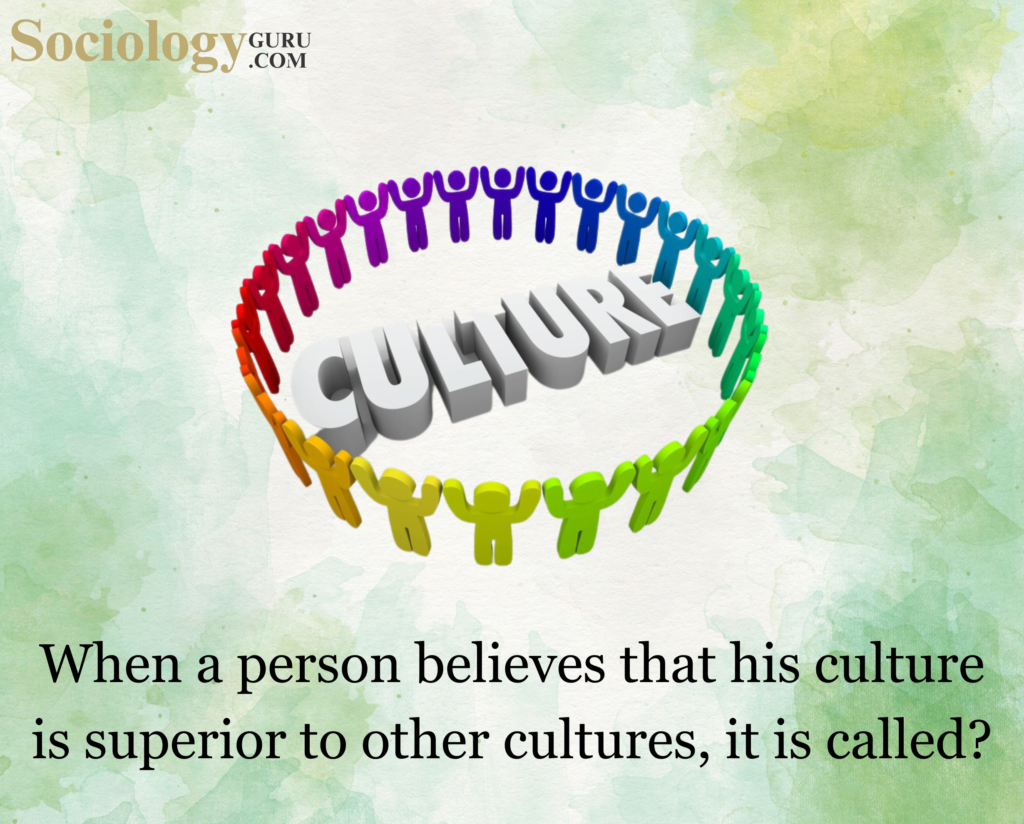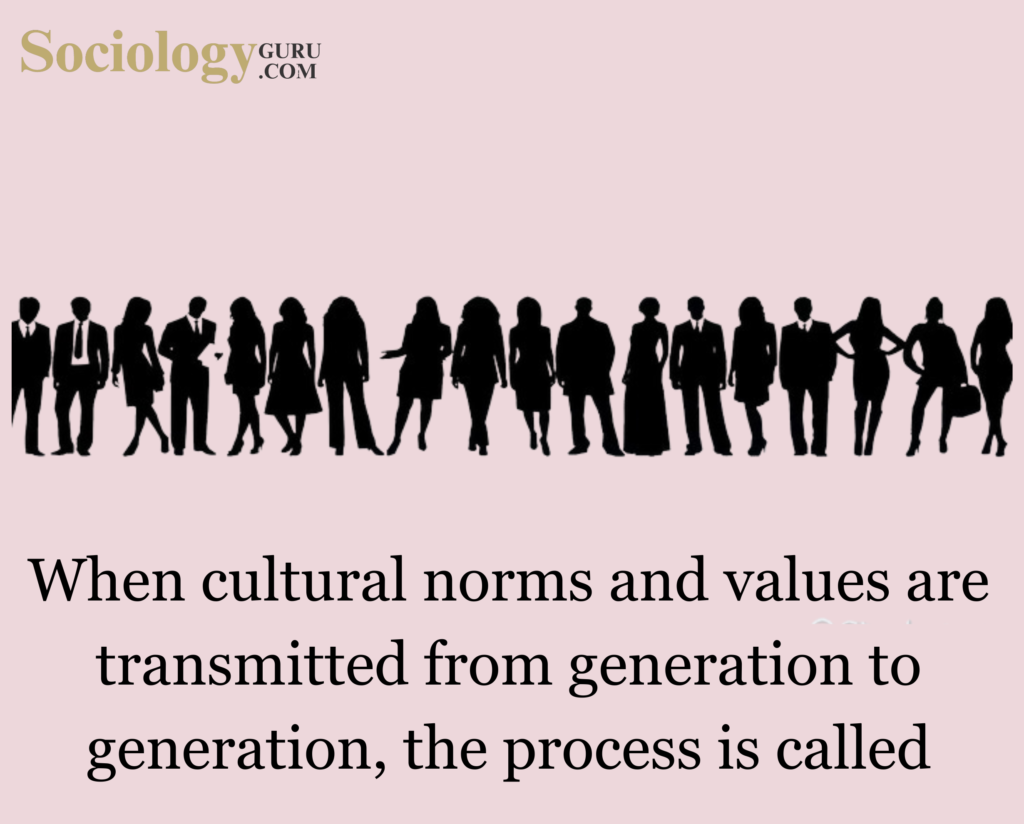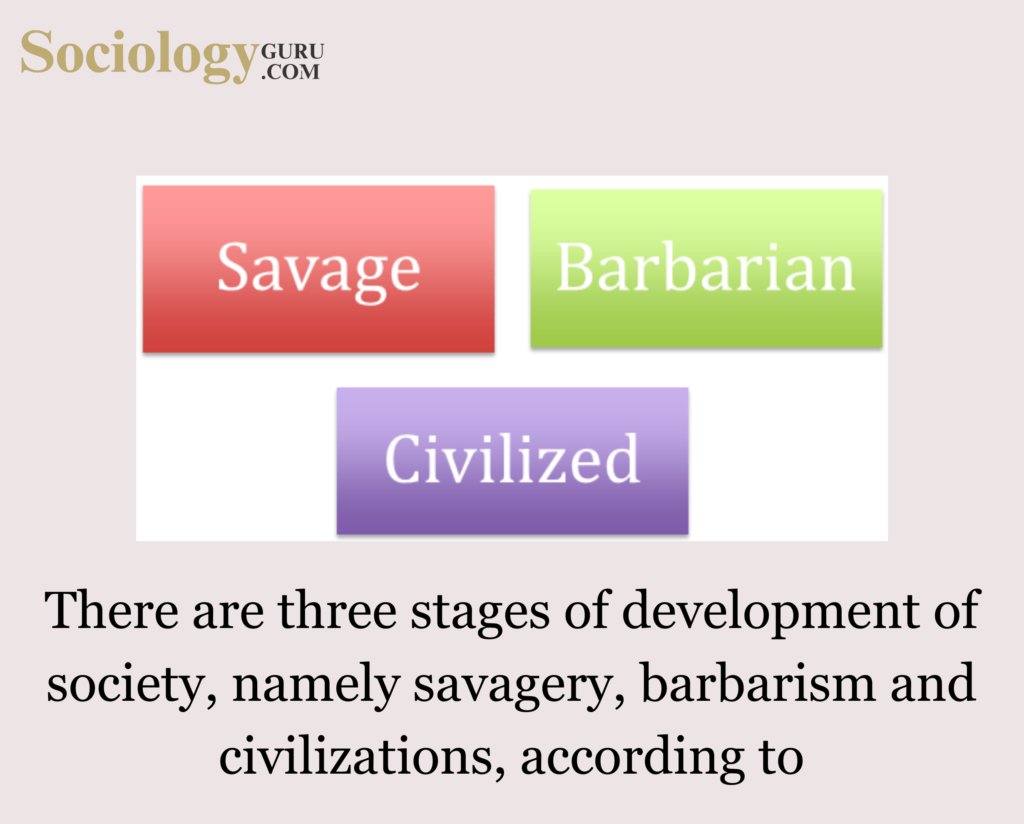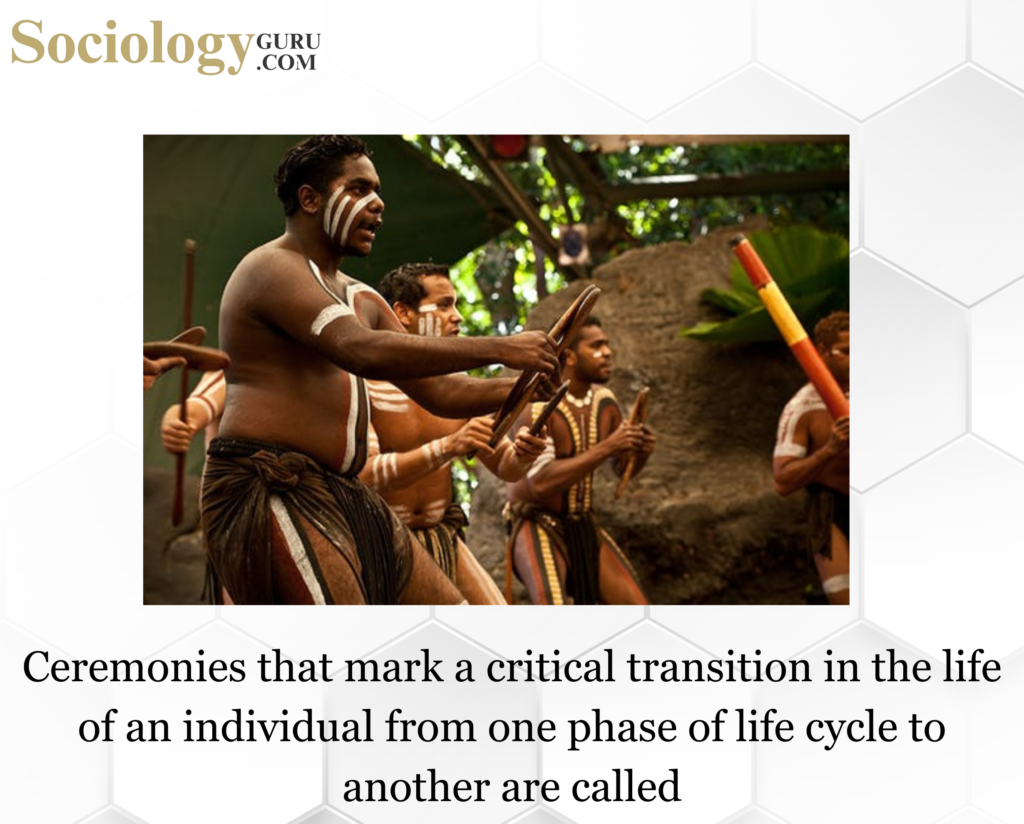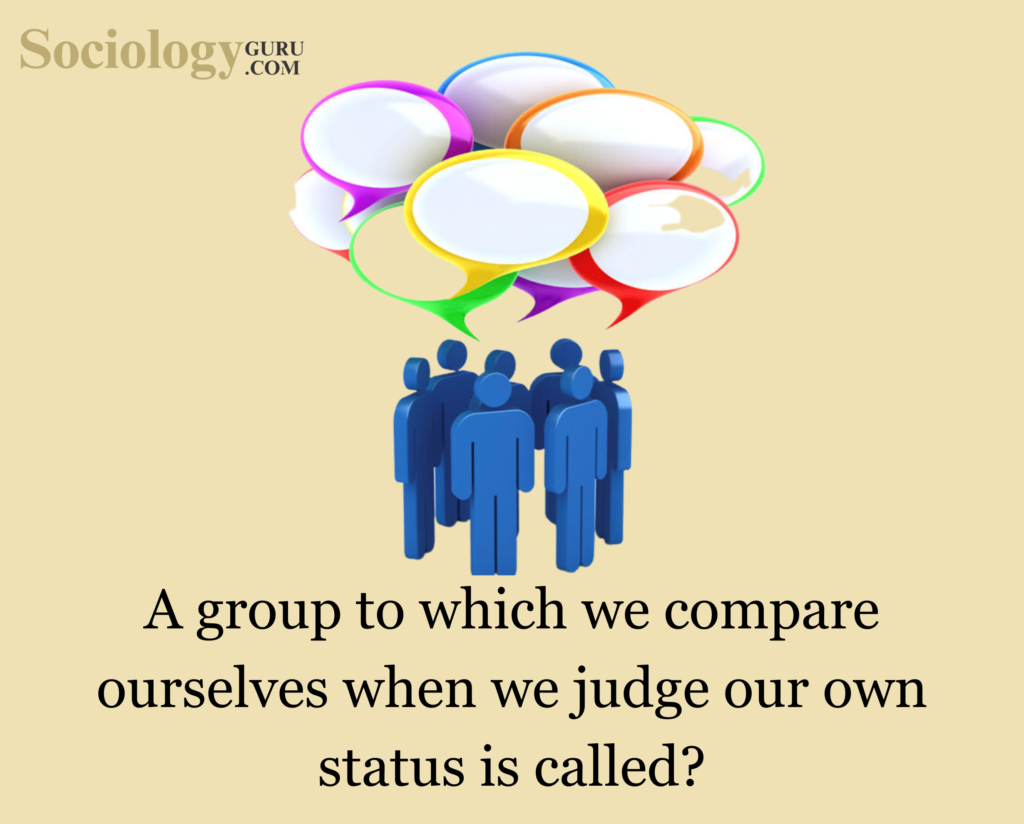When a person believes that his culture is superior to other cultures, it is called? | CUET Sociology Mock Test MCQ with Answer Explanation | Sociology for CUET by Vikash Ranjan | Sociology Guru
Question: When a person believes that his culture is superior to other cultures, it is called? Ethnicity Ethnocentrism Cultural snobbery Cultural relativism Answer: (2) Ethnocentrism, the term encapsulates a viewpoint that is as ancient as human civilization itself. An invisible yet profoundly impactful force, ethnocentrism shapes the way individuals and communities perceive, interact with, …
